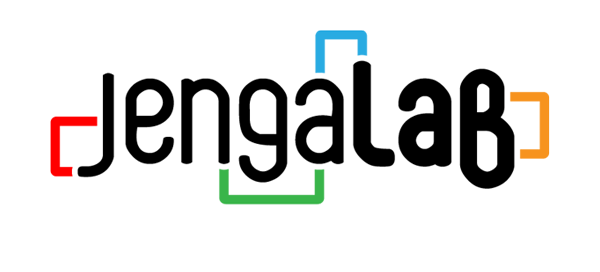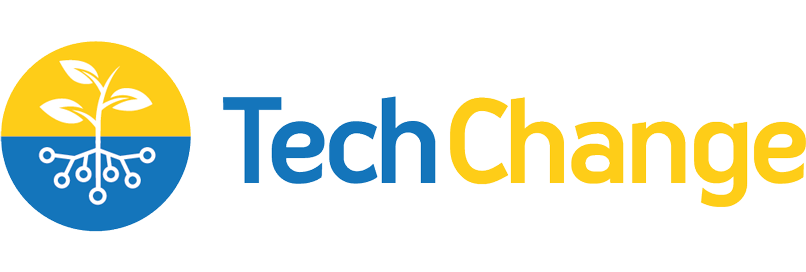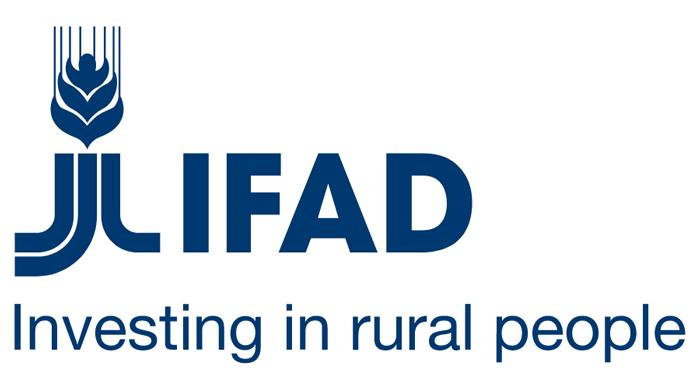A digital ecosystem assessment is a systematic evaluation of the enabling environment for the use of digital technologies in a particular context, including the digital infrastructure, policies, regulations, human capital, and social norms. The assessment aims to identify strengths and weaknesses in the digital ecosystem, barriers to the adoption and scaling of digital technologies, and opportunities for innovation and collaboration. The results of a digital ecosystem assessment can inform the design and implementation of digital development programs and policies that address the specific needs and constraints of the target population.
The Digital Advisory Support Services for Accelerated Rural Transformation (DAS) Program is a demand-based facility funded through a grant from the International Fund for Agricultural Development (IFAD) to provide technical advisory support for Information and Communication Technology for Development (ICT4D) activities within IFAD-financed programs across Africa, the Middle East, and Central Asia.
Digital tools help to increase access to information on inputs, practices, and markets for farmers and hence increasing the productivity and profitability of agriculture in rural areas. Digital tools further provide a platform for provision and access to agricultural financial services including loans, credit lines, and financial literacy training. Mobile apps and other digital platforms are breaking down traditional barriers by reaching female farmers, youth, and minority groups, empowering them with the knowledge and tools needed to succeed in agriculture.
By involving farmers in the design process, program implementers can co-create tools that are relevant, user-friendly, meet the needs of the target audience, are more likely to be adopted, and have a positive impact on rural communities.
Dissemination planning must include the identification of key stakeholders, selection of appropriate channels for dissemination, conducting user testing, provision of farmer training and support, and monitoring and evaluation. The dissemination plan should be adjusted to cover the specific needs and context of the target audience, including language, literacy levels, and access to technology.
Contact us
IMPLEMENTED BY:
FUNDED BY:



